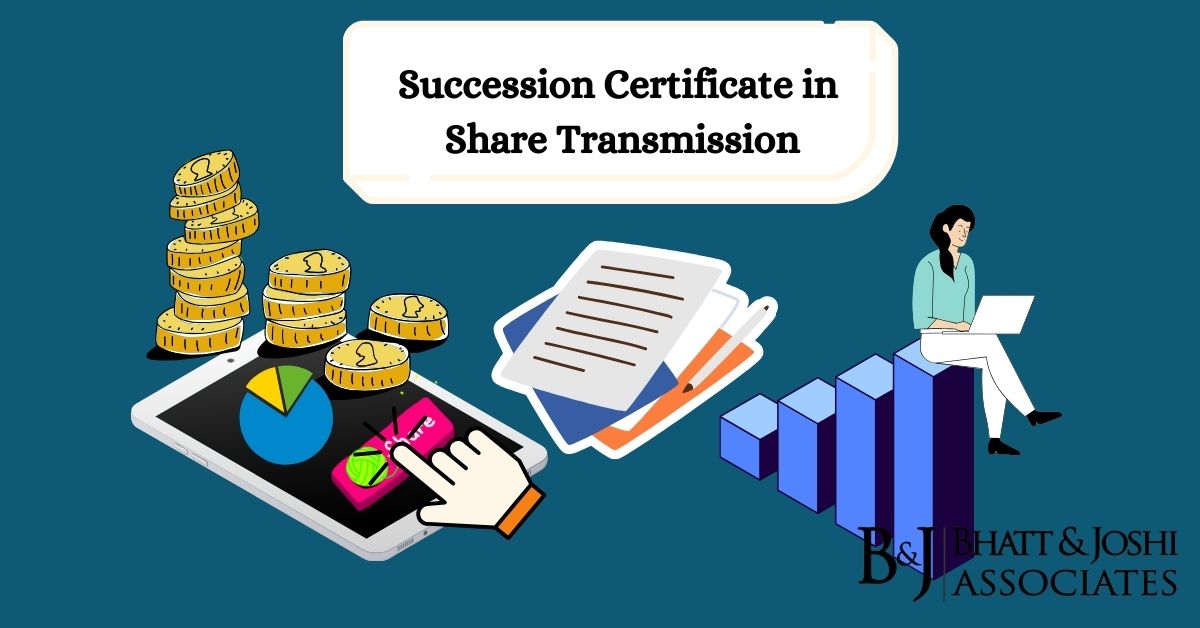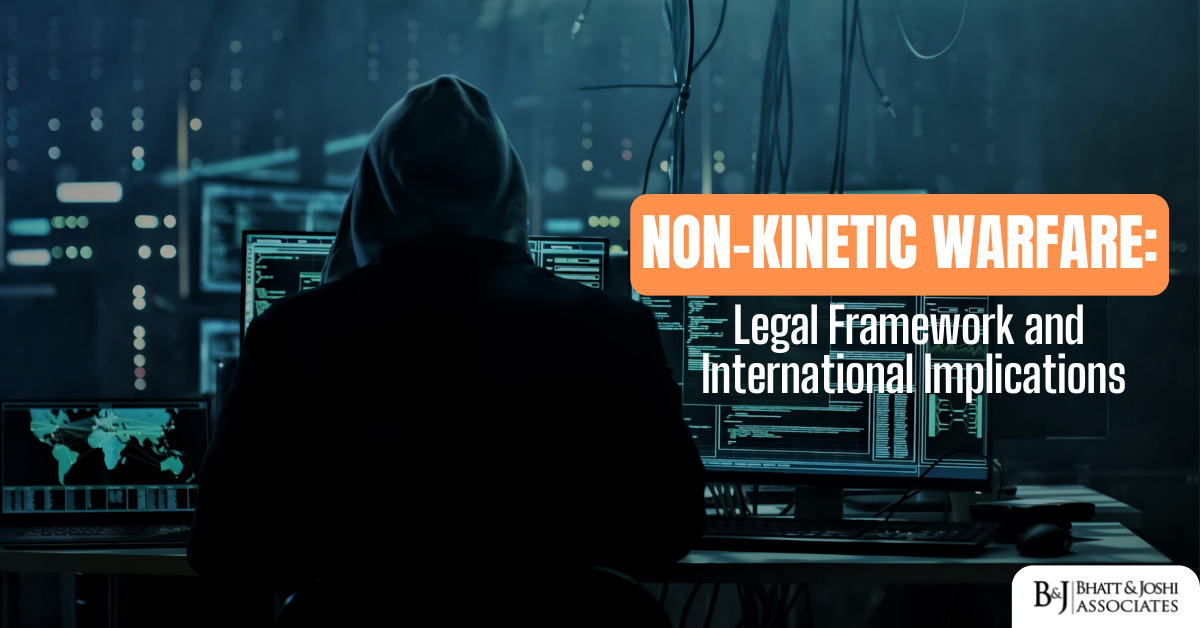Introduction
In a landmark ruling by the National Company Law Appellate Tribunal (NCLAT) Chennai, it was held that shares cannot be transmitted without obtaining a Succession Certificate. The case was presided over by Mr. Justice Venugopal M. (Judicial Member) and Ms. Shreesha Merla (Technical Member). The case is cited as Avanti Metals Pvt. Ltd. Vs. Alkesh Gupta – NCLAT Chennai.
Acquiring a Succession Certificate
In order to get a succession certificate, an individual with a vested interest must adhere to a prescribed legal process, commencing with the submission of a formal request to the appropriate district court. The court’s jurisdiction is established based on the deceased individual’s domicile at the time of death or the location of any owned property.
Process for Acquiring a Succession Certificate
- Petition Preparation: The petitioner is required to diligently draft, endorse, and authenticate a petition, and subsequently lodge it with the district judge, accompanied by the requisite court fees.
- Submission to Court: The district judge will preside over a preliminary hearing of the petition. Upon admission, a specific date for the final hearing will be scheduled, and notifications will be dispatched to the pertinent parties.
- Issuance of Certificate: Following the conclusive hearing and thorough evaluation of all relevant parties, the district court will determine the entitlement of the applicant to the succession certificate. If the judge is content, they will issue the certificate.
- Bond Submission: The district judge has the authority to request the applicant to furnish a bond, along with sureties or alternative forms of security, to safeguard against any potential financial damage that may occur as a result of the certificate’s utilisation or mishandling.
Details of the Petition
The petition for a succession certificate must contain essential information, including the precise time and location of the deceased individual’s passing, their primary place of residence, particulars regarding property located within the court’s jurisdiction, immediate family members or close relatives, the petitioner’s legal entitlements, absence of any grounds to challenge the validity of the certificate, as well as details concerning debts and securities.
Legal enforceability of Succession Certificate
A succession certificate holds jurisdiction across the whole territory of India. In order for a document issued by an Indian representative in a foreign nation to be valid in India, it must be duly stamped in accordance with the Court Fees Act of 1870. The main objective of the certificate is to safeguard individuals who are making payments for debts in a sincere manner and authorise the certificate holder to manage the financial matters of the deceased individual.
Impact of the Succession Certificate
Although the certificate enables legal transactions on behalf of the deceased individual, it does not inherently grant ownership or establish legal heirs. The identification of legitimate heirs entails a distinct legal process.
Key Findings of the Tribunal
The Hon’ble NCLAT made several key observations in their ruling:
- Transmission of shares on the basis of a Will: The tribunal noted that this can raise complicated issues which require evidence to be read by the parties and need to be determined by a Court of Law.
- Probate proceedings and rectification of register: If the probate proceedings are pending in a Civil Court, then the petition under the Companies Act for rectification of register would not be maintainable.
- Dispute as to the heirship of a deceased shareholder: The tribunal held that where there is a dispute as to the heirship of a deceased shareholder, the Company could refuse transfer of shares, until such dispute is resolved by a Competent Court of Law.
- Role of the Succession Certificate: The Succession Certificate, which specifies the debts and securities, entitles a legal heir not only to receive the Interest or Dividends but also to negotiate or transfer them.
- Section 44 of the Companies Act, 2013: From this section, it is clear that shares are construed as movable property governed by the Articles of Association of the Company and Article 8.15 mandates that a Succession Certificate is required for the transmission of the shares.
- Transmission of Shares without a Succession Certificate: The tribunal concluded that the prayer of the first Respondent herein seeking transmission of Shares without even obtaining a Succession Certificate, cannot be sustained.
Conclusion
This Tribunal is of the considered view that submission of a Succession Certificate, as provided for under the Articles of Association of the Appellant Company, is required for the transmission of shares of the deceased Member. This ruling underscores the importance of a Succession Certificate in the transmission of shares and sets a precedent for future cases.
Our Comments
Understanding the complex legal procedures involved in obtaining a succession certificate is crucial for those who are managing the challenges of settling an estate where the deceased person did not leave a will. Prospective candidates should consult with a lawyer to negotiate the jurisdictional requirements and procedural stages, assuring the inclusion of specific details in the petition, particularly addressing the deceased individual’s place of residence, family information, and financial responsibilities. Highlighting the significance of the preliminary hearing, candidates must provide a persuasive argument to increase the probability of being admitted. It is vital to be aware of the potential criteria for submitting bonds and to have a clear understanding of the issues for worldwide validity, especially for assets located in other countries. Effective expectation management is crucial, as the succession certificate grants authority to the rightful heir in financial affairs, but it does not inherently establish legal heirs or grant ownership rights. Obtaining expert legal advice throughout the process guarantees a more seamless experience and fosters assurance in navigating the complex legal terrain.













